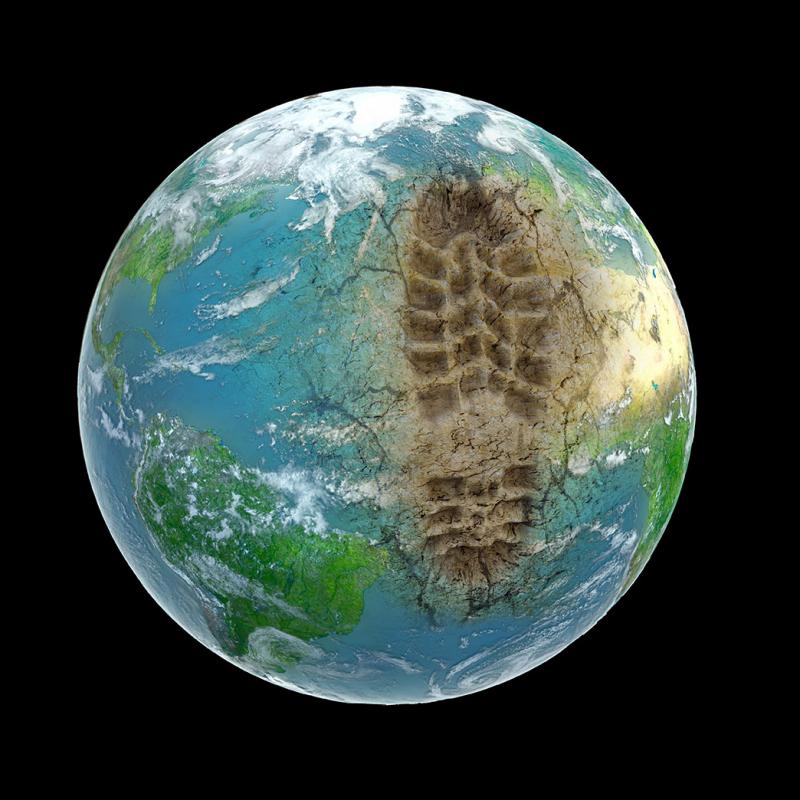What is environmental justice today? And how does Anthropocene affect it? In this Q&A, Dimitris Stevis and Stacia Ryder talk about the evolution of the concept of environmental justice and how it can help to foster just transitions from fossil fuel power to renewable energy. #sameworld #environmental justice #anthropocene
The concept of environmental justice originated in the United States in the 1970s – emerging from a confluence of religious activism, consumer and labour mobilisations around worker health and safety and protests over the impacts of toxic waste dumping and pollution on people of colour. The idea recognises that environmental issues, from groundwater contamination to the shuttering of factories, don’t affect all people equally. Some groups, like minority communities or the poor, bear the brunt of these harms more than others. Forty years after those origins, researchers in environmental justice are grappling with a new environmental paradigm: the Anthropocene. That’s the name for a proposed geologic epoch named after the influence of people on the world. To read more please click here




